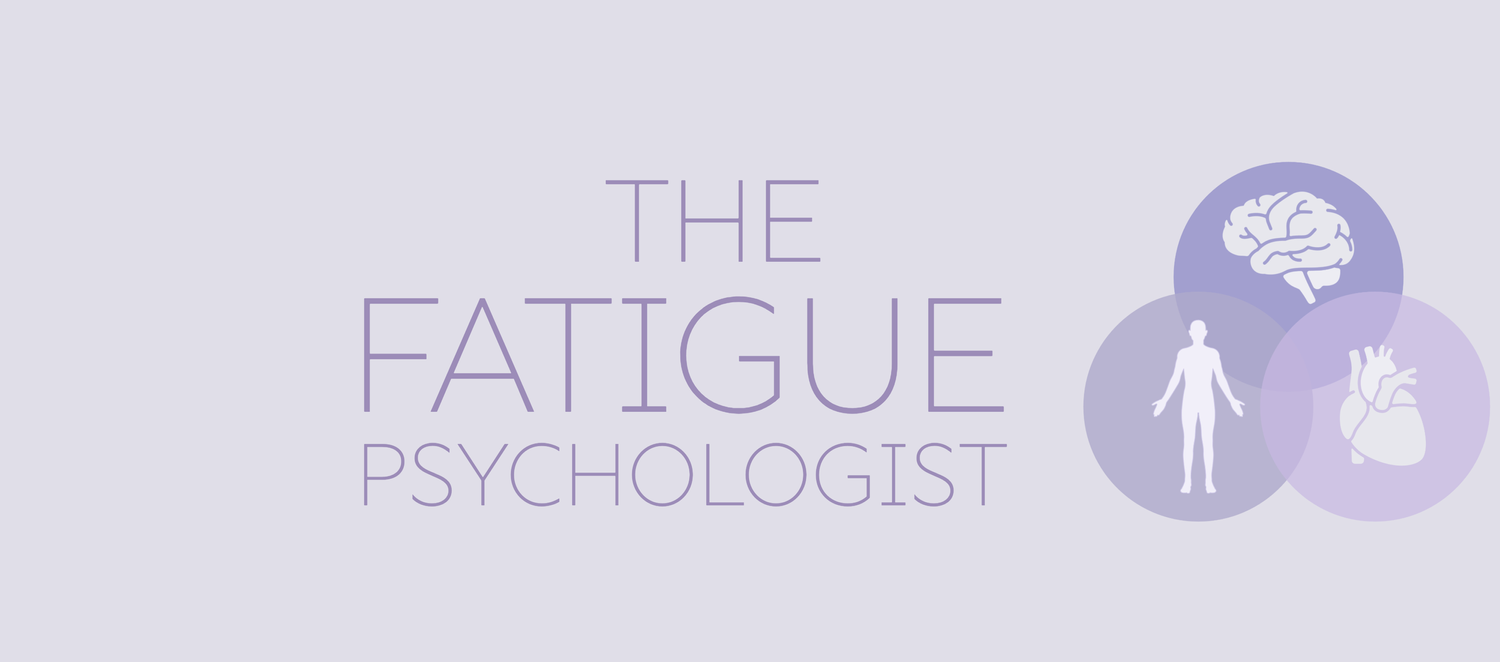My letters on ME/CFS published in The Guardian
As you may already know, George Monbiot is a British journalist, environmentalist, political activist and author. Despite not having read much of his work, I really enjoyed listening to his interview on the Adam Buxton podcast. He came across as a humane and deep thinker. I say this just to make clear that I don’t have anything against Monbiot . On the contrary, it is plain to me that he has had an impressive and socially impactful career.
So, I was more than a little dismayed to read an article by Monbiot about ME/CFS in The Guardian back in October 2024. In the piece, Monbiot makes a clearly well-intentioned appeal for people living with ME/CFS to receive greater recognition and support. Monbiot wrote about the tragic death of a young woman with ME/CFS, Maeve Boothby O’Neill. Naturally, I second his sentiments on this.
Unfortunately, Monbiot also used his article to make what felt to me like quite a dogmatic attack on the possibility that psychosocial factors could be at least partly relevant to understanding and treating ME/CFS, along with biological ones. Monbiot seems to be throwing the baby out with the bathwater, when he suggests that ME/CFS is purely physical.
Just because some previous researchers’ attempts to develop a biopsychosocial model of ME/CFS have incurred criticism, I don’t see that as a reason to shut down further research into the interacting biological, psychological and social dimensions of ME/CFS. This is how science progresses. Researchers come up with hypotheses, test them, learn from them and then come up with new and improved ones.
Hoping to offer some nuance to Monbiot’s arguments, I wrote a letter which was published in The Guardian. Here’s what I wrote:
George Monbiot says ME/CFS is “as physiological as a broken leg”. However, if I repeatedly break my leg due to a penchant for jumping off rooftops, or my exposure to a hazardous working environment, then these psychological and environmental factors are worth considering too. ME/CFS is to a broken leg what the Amazon rainforest is to your local park – it is a vastly complex, multifactorial chronic illness, which remains poorly understood from a medical perspective. As a clinical psychologist who has been working on my own recovery from the condition for nearly five years, I have come to view ME/CFS as existing at the confluence of body and mind. This is not intended to psychologise those of us living with ME/CFS. The symptoms are real, debilitating, and can make life utterly miserable.
However, we humans are psychobiological organisms whose brains and bodies shape themselves to our social environment. People with ME/CFS have often experienced periods of chronic and acute stress in the period before they become unwell. Not uncommonly, they carry the “allostatic load” of adverse childhood experiences, and as a result may have learned to meet the world in adaptive but unsustainable ways – such as being high achievers, perfectionists and self-sacrificers. Eventually, the straw that breaks the camel’s back comes along, typically in the form of a viral infection like Covid or glandular fever. This final stressor shifts the body into a state of dyshomeostasis that appears to become persistent at least partly due to the sensitisation of the central nervous system.
Emerging research is helping us to better understand possible physiological mechanisms of ME/CFS. However, a key question that we have to ask is this: what are the biological, psychological and social factors that create the conditions for this state of imbalance in the entire organism?
The Guardian subsequently published a second letter I wrote, just to clarify that I am not defending the use of graded exercise therapy (GET) and Cognitive Behaviour Therapy (CBT) as treatments for ME/CFS:
Further to my previous letter (22 October), I’d like to make clear that I do not defend the use of graded exercise therapy or cognitive behavioural therapy for ME/CFS. Like others with ME/CFS, I have found that following a fixed regime for increasing activity can lead to flare-ups of symptoms. By contrast, I have learned to listen to my body to check if and when I can handle new activities. I believe that this gradually helps the nervous system to become less reactive. In scientific terms, we can gradually help the brain cultivate a greater sense of “allostatic self-efficacy”, or confidence in the body’s capacity to handle demands placed on it. Over time, this can enable us to slowly move back into the world again and reclaim our lives.
All the same, I think it’s important to repeat that while legitimate critiques of CBT and GET have been made, this is how science progresses. GET does appear to me quite rigidly prescriptive. However, we can use this critique to inform more compassionate, person-centred forms of graded exposure, which empower the individual to listen to their body and build their window of tolerance over time.
Similarly, CBT can be criticised for being overly focused on an individual’s thoughts about their physical symptoms. Again, this criticism can be used to inform approaches which integrate focus on an individual’s explicit conscious interpretations of their physical symptoms, with implicit, unconscious, somatic responses to symptoms.


